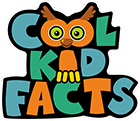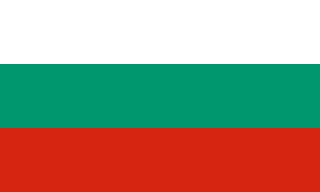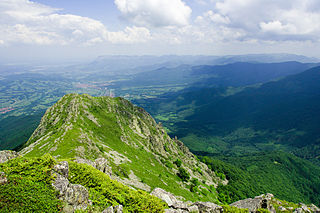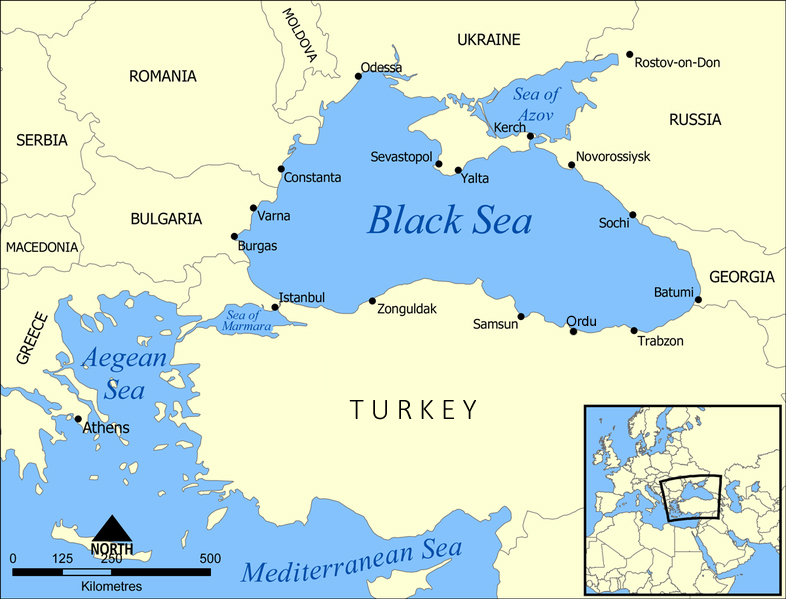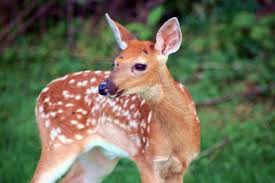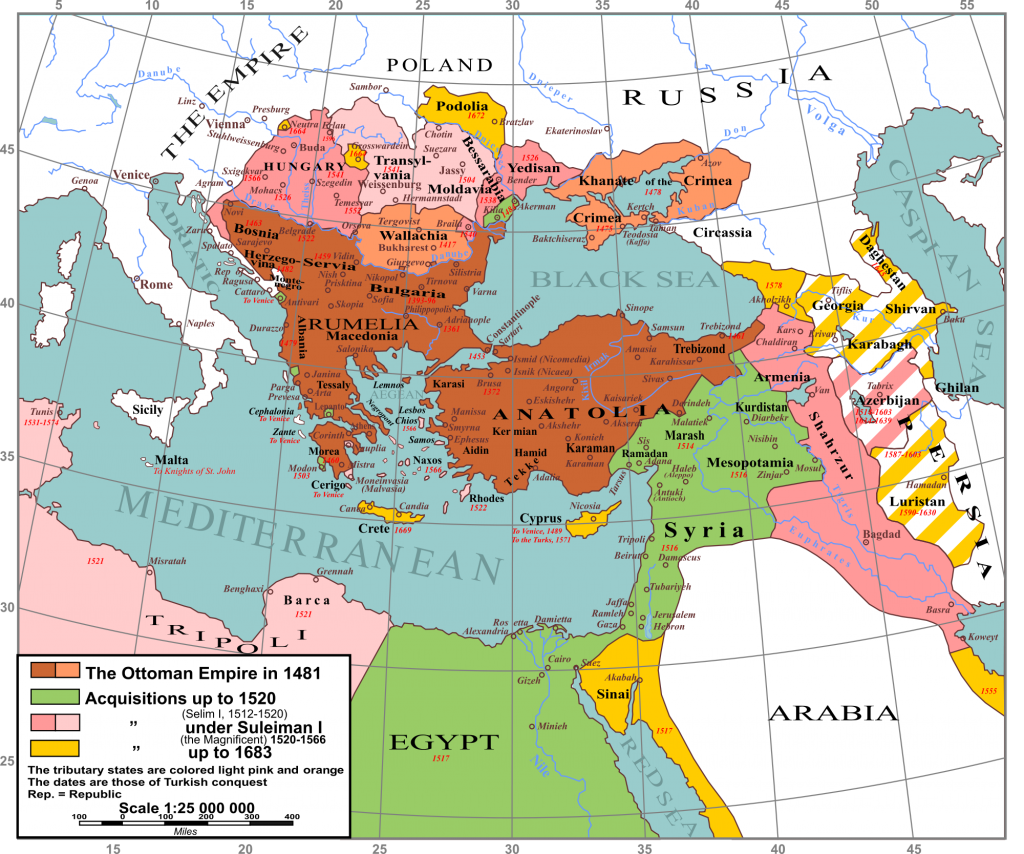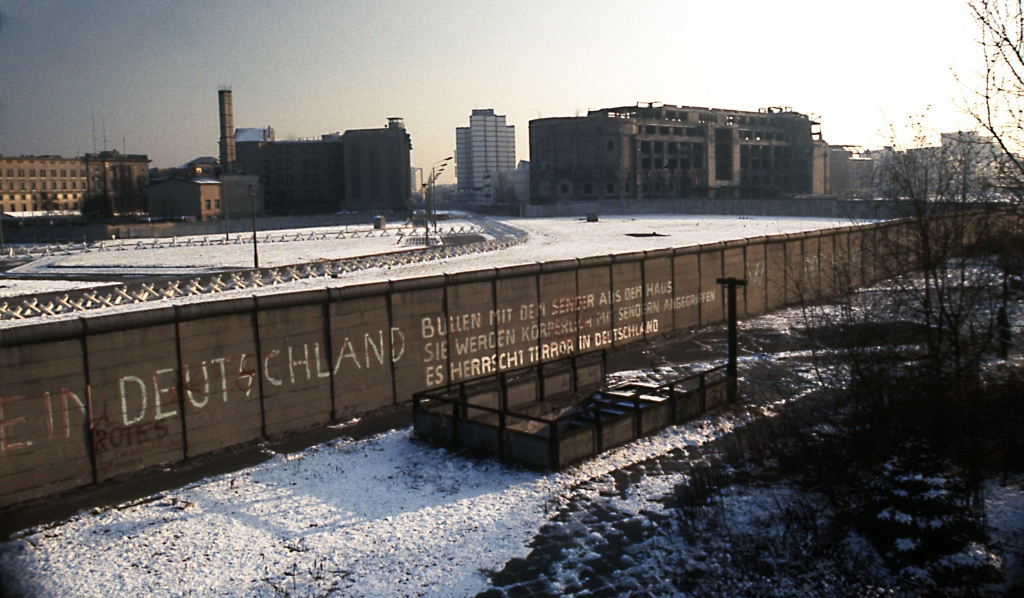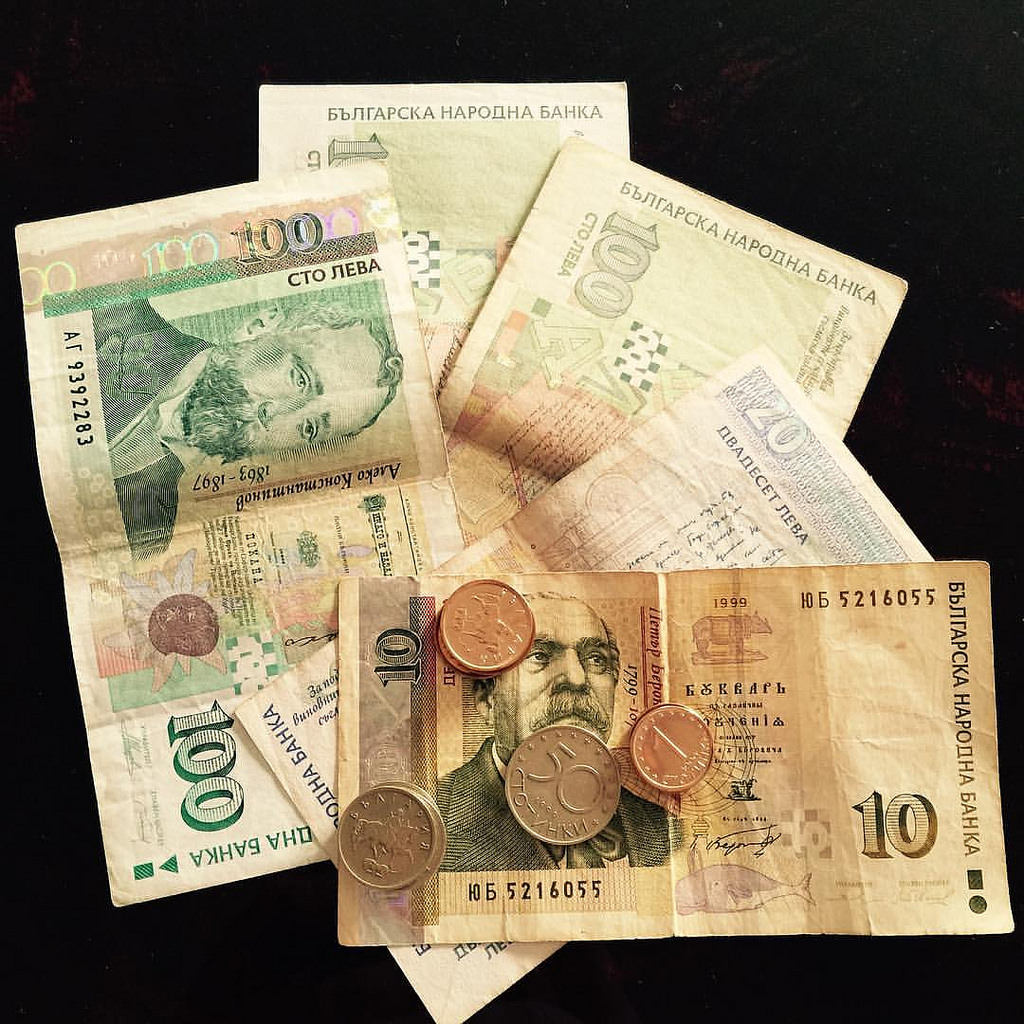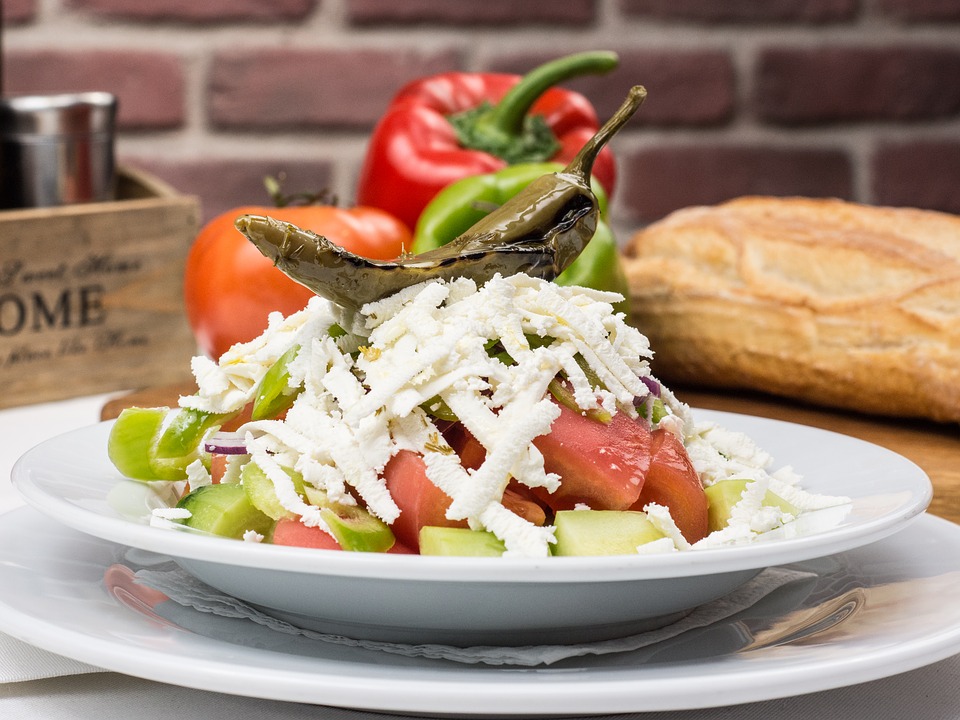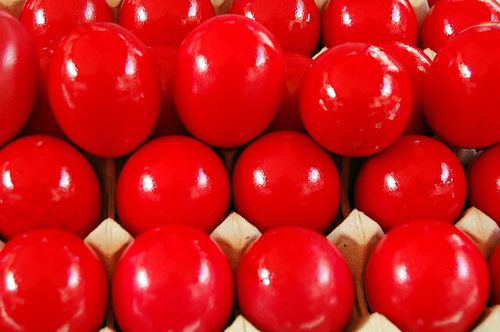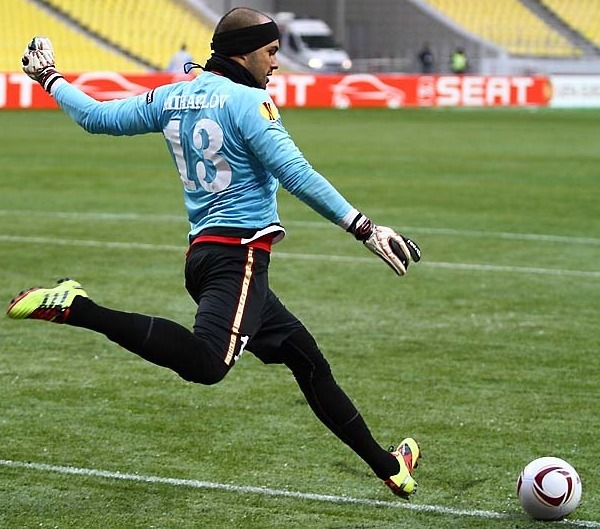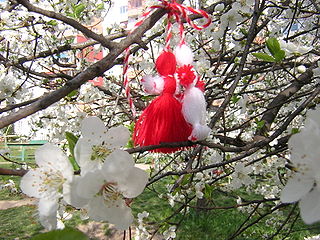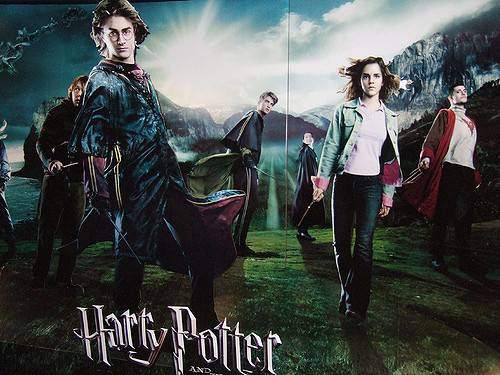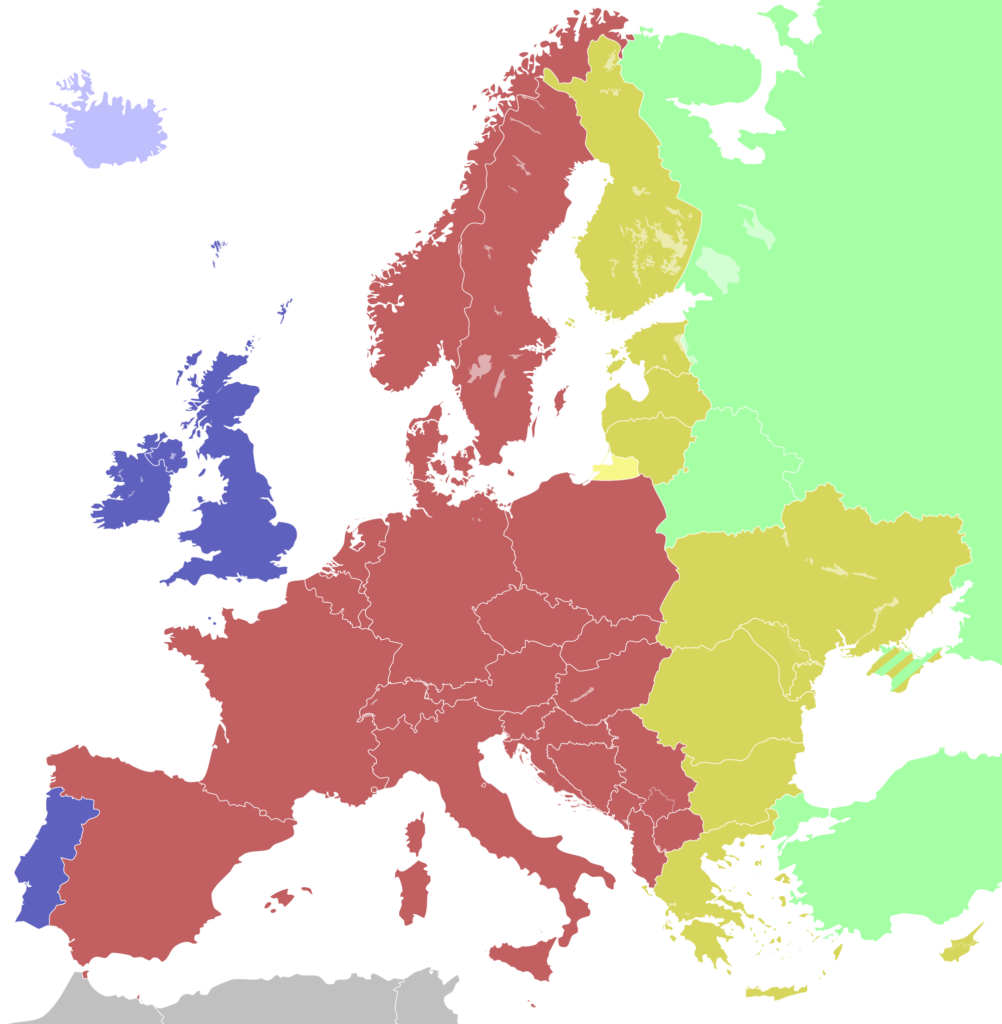Bulgaria Facts
Bulgaria is a mountainous Balkan country that borders the Black Sea and has a rich cultural history of Greek, Slavic, Ottoman, and Persian influences.
Quick Facts
Capital: Sofia
Population: 7 million
Key Cities: Sofia, Plovdiv, Varna, Burgas
Official Language: Bulgarian
Major Religions: Orthodox, Roman Catholic, Muslim, Protestant
Geography
Bordering Countries: Romania, Serbia, Macedonia, Greece, Turkey
Size: 42,855 sq. miles
Lowest point: Black Sea at sea level
Highest point: Musala Mt. at 9,596 ft.
Bulgaria is located on the eastern part of the Balkan peninsula, where it borders the Black Sea. It’s about the size of the U.S. state of Tennessee, and it has very diverse terrain for its size.
The Balkan Mountains pass through the center of the country, while the Rhodope Mountains are located along the southern border with Greece.
North of the Balkan Mountains, you’ll find the Danubian Plain, which leads down to the legendary Danube River, which forms the country’s northern border with Romania.
The lowlands of southeastern Bulgaria, called the Maritsa Basin, are drained by several small rivers that lead to the Black Sea.
In addition to the Danube, major rivers in Bulgaria include the Iskur, Maritsa, Struma, Tundzha and Yantra rivers.
Bulgaria has hot summers and long, cold winters. From December to mid-March, the country gets a lot of snow, especially high in the mountains.
It receives a little less than 30 inches of rain each year, with more rain falling in the mountains and less on the coast. Winter is the driest season, and summer thunderstorms are common.
Bulgaria is home to about 170 plant species that are found nowhere else in the world, including species of tulips, a buttercup, a cornflower, and a baby’s breath.
The Balkani Wildlife Society is monitoring 13 mammal species including the red squirrel, European and Dobrudja hamster, lesser mole rat, wolf, jackal, pine marten, otter, wildcat, and red deer.
History
Bulgaria’s name comes from the Bulgar people who arrived in the area around 200 AD. Early in the history of the area that is now Bulgaria, the land was settled by the Thracians.
Later, the area was conquered by the famous Macedonian leader Alexander the Great, then by the Roman Empire.
In 681, the first official Bulgarian state was created. This period is sometimes called the Golden Age of Bulgaria because it was a time of wealth, education, art, culture, and literature. But it didn’t last long.
In the years that followed, Bulgaria became part of the Byzantine Empire and then the Turkish Ottoman Empire.
The Ottomans had very strict rules, and the Bulgarian people rebelled. However, they couldn’t defeat the powerful Ottoman Empire.
The Treaty of San Stefano, signed at the end of the Balkan War, gave Bulgaria its independence from the Ottomans. The Bulgarians supported Germany during World War I and lost.
After World War II, Bulgaria came under Communist rule and was a satellite of the Soviet Union (what is now Russia).
In 1989, after the fall of the Berlin Wall, the Communist leaders allowed the country to elect leaders of their own choosing. Under the new Socialist leaders, Bulgaria’s economy struggled badly.
In the years since then, Bulgaria has become much more stable, but it’s still one of Europe’s poorest countries. It is governed by a president, prime minister, Parliament, and Council of Ministers.
Economy
Bulgaria’s major industries are electricity, gas, water, food and beverages, tobacco;,machinery and equipment, chemical products, refined petroleum, and nuclear fuel.
The country’s top agricultural products include wheat, corn, barley, sugar beets, potatoes, sunflower seeds, grapes, and livestock.
Bulgaria is ranked 77th in the world in terms of wealth. Although it’s one of the poorest countries in Europe, it’s still above the world average.
However, studies and surveys have shown that Bulgaria is among the unhappiest countries in Europe, and Bulgarians report a poor quality of life.
Bulgaria’s currency is the Bulgarian lev.
Culture
The majority of Bulgaria’s citizens speak Bulgarian, a language that uses the Cyrillic alphabet. Turkish and Romani are also spoken, along with foreign languages such as Russian, English, Italian, and Spanish.
Bulgarian Orthodox is the main religion in Bulgaria, but the country is also home to Roman Catholics, Muslims (about 12% of the population), Protestants, and Jews.
The nation has a colorful culture of costumes, crafts, and traditional music and dance. It’s a blend of Persian, Slavic, Greek, and Ottoman influences.
Traditional Bulgarian recipes often feature Bulgarian feta cheese, fresh and/or stuffed vegetables, yogurts, and grilled meats (especially lamb, pork, and veal).
Popular dishes include kufte (spicy ground beef and pork formed into grilled patties), banitsa (pastries stuffed with meats and cheeses), and Shopska (the traditional Bulgarian salad of diced onions, tomatoes, cucumbers, and parsley.
Bulgarians often start their meals with fresh salads, and these salads rarely include lettuce.
Instead, popular ingredients are cabbage, tomatoes, cucumbers, peppers, and feta cheese.
To celebrate New Year’s Day in Bulgaria, dancing men dressed in costumes made of goat hair and wooden ram masks wake residents very early.
The costumed men wish the people good health and a good harvest in exchange for small gifts like beans or eggs. Eventually, everyone gathers in the town square for music, dancing, and food.
On Easter (or Velikden), Bulgarians dye bright red eggs and throw them at one another. The last person left with an unbroken egg is believed to have good luck for the year.
Famous Bulgarians
Nina Dobrev- actress
Nikolay Mihaylov- soccer player
Desi Slava- singer
Grigor Dimitrov- tennis player
Fun Facts
Bulgaria is the oldest country in Europe that has never changed its name since it was first established (in 681 AD).
After Greece and Italy, Bulgaria has the third most valuable archeological sites in the world, including over 15,000 Thracian tombs.
Every year on March 1, Bulgarians give each other martenitsas, little crafts made of red and white yarn that are supposed to bring happiness and good health.
Bulgaria made an appearance in the international bestseller Harry Potter and the Goblet of Fire when the fictional Quidditch World Cup final took place between Bulgaria and Ireland. (Ireland won, but Bulgaria got the Snitch).
